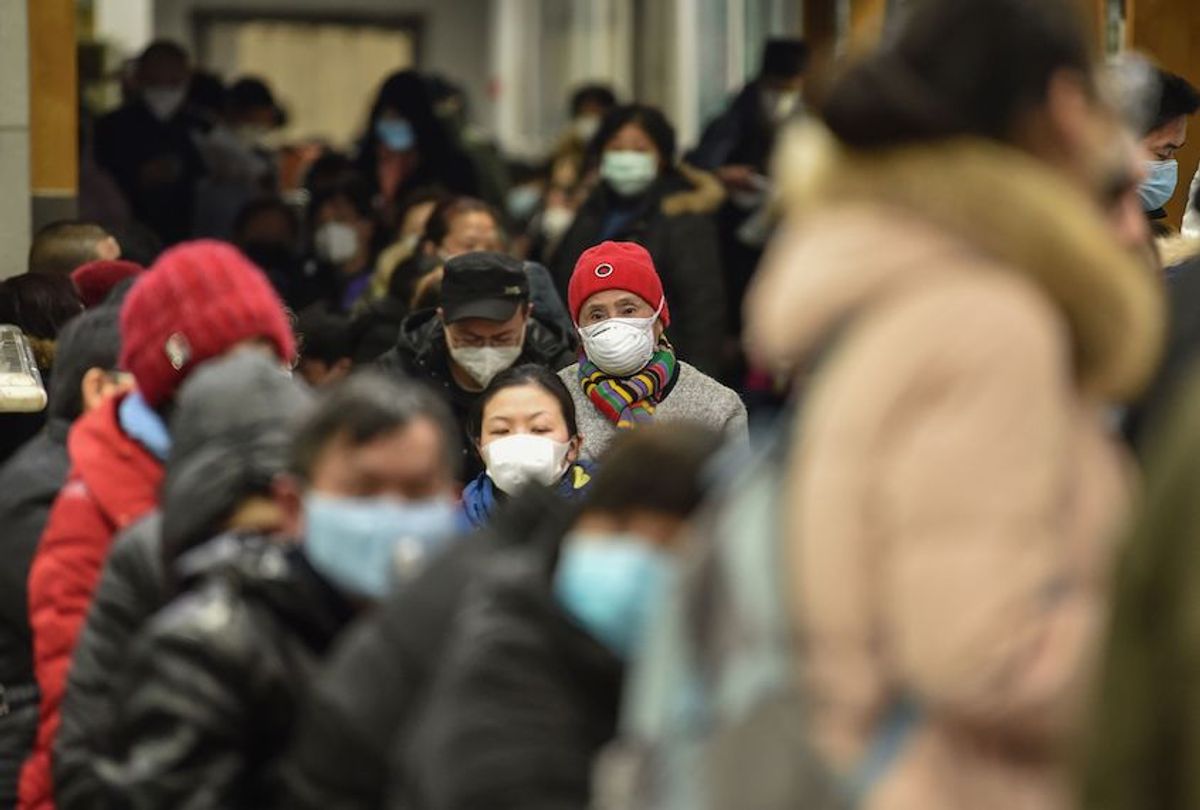The Covid-19 pandemic has officially infected more than 80 million people and killed at least 1.7 million across the globe, and the daily death toll remains high in the U.S. and other major nations.
But even in the face of such staggering figures, experts with the World Health Organization are warning that the "next pandemic may be more severe" if the international community does not learn from the ongoing coronavirus crisis and prepare accordingly.
"This pandemic has been very severe... it has affected every corner of this planet. But this is not necessarily the big one," Dr. Mike Ryan, head of the WHO Emergencies Program, told the press during a year-end briefing Monday. "This is a wake-up call. We are learning, now, how to do things better: science, logistics, training, and governance, how to communicate better. But the planet is fragile."
"We live in an increasingly complex global society" Ryan added. "These threats will continue. If there is one thing we need to take from this pandemic, with all of the tragedy and loss, is we need to get our act together. We need to honor those we've lost by getting better at what we do every day."
Ryan's remarks came as nations across the globe continued rolling out and administering Covid-19 vaccines in massive inoculation campaigns that have sparked fears of "vaccine apartheid" as rich countries swallow up much of the existing supply of doses. According to an analysis released earlier this month by the People's Vaccine Alliance (PVA), 90% of the populations of nearly 70 poor countries will likely not be vaccinated in 2021 due to vaccine "hoarding" by wealthy nations.
During Monday's briefing, WHO Director-General Dr. Tedros Adhanom Ghebreyesus called the development of safe and effective vaccines an "incredible scientific achievement" but added that the United Nations agency "will not rest until those in need everywhere have access to the new vaccines and are protected."
Even as effective vaccines begin to be put to use, Professor David Heymann—chair of the WHO's strategic and technical advisory group for infectious hazards—cautioned Monday that Covid-19 could "become endemic" and "continue to mutate as it reproduces in human cells, especially in areas of more intense admission."
At least one new Covid-19 variant that appears to be more transmissible—but not necessarily more deadly—was recently detected in the United Kingdom and has since been found in more than a dozen other nations. Experts say the existing vaccines should be effective against the new variant.
While the variant has not officially been detected in the U.S., Health and Human Services Assistant Secretary Brett Giroir said Monday that the strain is "likely" present in the country, which has the highest Covid-19 death toll in the world.
Heymann predicted that the "likely scenario is the virus will become another endemic virus that will remain somewhat of a threat, but a very low-level threat in the context of an effective global vaccination program."
"Fortunately," Heymann added, "we have tools to save lives, and these in combination with good public health will permit us to learn to live with Covid-19."



Shares